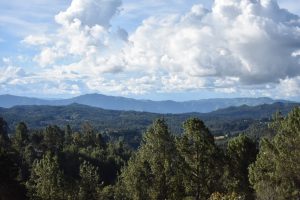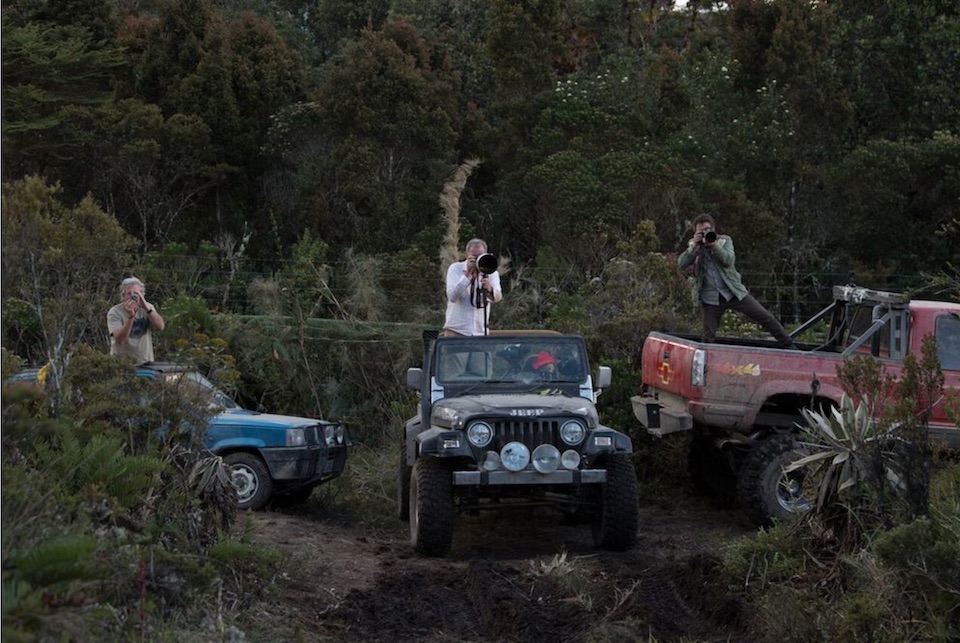
Photo by Arjun Harindranath
A multi-disciplinary and international scientific team have warned that action is needed to preserve biodiversity within the Andes-Amazon megacorridor which currently faces a severe threat from encroaching deforestation and agricultural expansion.
Also referred to as a “biodiversity bridge”, the specific region stretches all the way from the mountainous region of Los Picachos to the lush amazon jungles of Chiribiquete. The studied region includes natural and cultural treasures like Caño Cristales (known popularly as “river of five colours” or “melted rainbow”) and the ancient cave paintings Chiribiquete National Park, which was recently included as a UNESCO Heritage site.
According to the study, the megacorridor is “being eroded by large‐scale agricultural expansion endangering the maintenance and connection of gene flow and biodiversity exchange.”
The team included evolutionary biologists as well as ecologists that attempted to understand better how the back-and-forth gene flow applies to the corridor. Dr Nicola Clerici, a landscape ecologist originally from Italy, was part of the team that included members from the University of Cambridge and Universidad del Rosario. Clerici specialises in satellite imagery of varied ecosystems and told The Bogotá Post that the connectivity between diverse ecosystems is crucial towards preserving richly biodiverse habitats.
“Connectivity is mainly structural which means it is on an ecological continuum,” Clerici explained, “In breaking this connectivity we’re also breaking this flux of genes so native species cannot meet as easily and interchange genes as they were doing before.”
Looking specifically at the case of gene flow of butterflies, the research team also found similar examples of this structural connectivity in rodents, frogs and in invertebrates as well.
This flow of genes is now being cut off by rampant agricultural expansion and deforestation. In 2017 alone, over 425kha of forest had been cut down according to Global Forest Watch. This represents a 130kha increase over the previous year and presents the double-edged sword that peace with the FARC, who previously controlled the forests, has brought to Colombia’s natural treasures.
According to Clerici, pressures are being exerted on the forests by large landowners and the FARC as well in promoting social measures for former members. The increase in the growth of coca by criminal groups also add to this pressure. “Another problem on top of that is that the state really cannot control the land. So you feel there is an absence of the law enforcement institutions here,” Clerici said.
Which is why the paper also advises the Colombian government to seize the opportunities presented by the newly-born peace in these regions “to create a new social and economic paradigm based on long‐term sustainably developed landscapes and more equitable sharing of wealth.”
Dr Nicola Clerici will join The Bogotá Post this evening to speak more on his research in a panel entitled Peace in the Time of Biodiversity. Details of the event can be found here.




